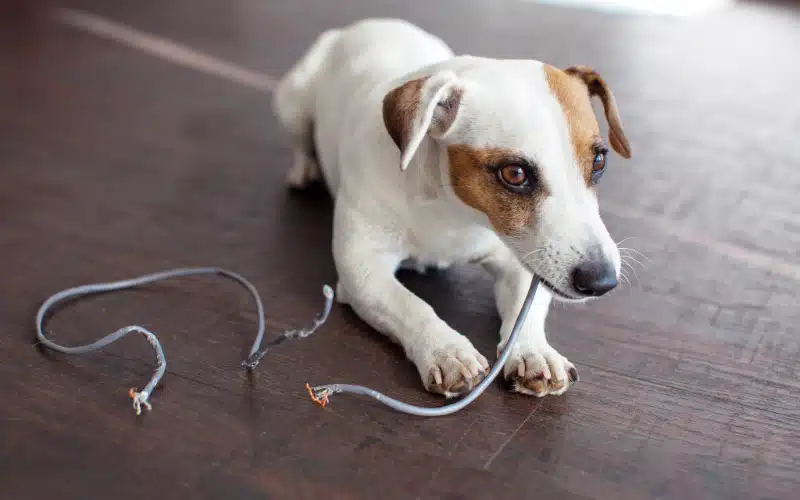
Pyometra Surgery: Understanding the Severity of a Uterine Infection in Un-Spayed Female Pets
As a pet owner, you have likely been encouraged to spay your female pet. As the advocate for your dog or cat, it is essential to understand the benefits of spaying or neutering for your pet’s health and well-being. One of the best benefits is that it prevents a potentially life-threatening condition called pyometra, which affects un-spayed females.
Pyometra is a severe infection of the uterus that can result in death if not treated immediately. It is perhaps the most common life-threatening reproductive condition of intact females, affecting up to 1 in 4 non-spayed female dogs.
How Does Pyometra Occur?
Although pyometra has been recognized for decades, we still don’t know precisely what causes it. However, hormonal changes and the thickening of the uterine lining with consecutive heat cycles may make the uterus more vulnerable to infection. The infection itself is caused by a bacterium, most commonly E. coli. Having your pet spayed is the best way to prevent this condition.
Symptoms of Pyometra
The signs of pyometra in dogs and cats are quite severe, and pets will usually be quite sick. Any ill, intact female should be evaluated immediately by a veterinarian for pyometra. The most common signs of pyometra are:
- Lethargy
- Depression
- Not eating (anorexia)
- Excessive water intake
- Excessive urination
- Pale gums
- Vaginal discharge, often bloody
Diagnosis and Treatment
In most cases, your veterinarian will diagnose pyometra based on your pet’s history, physical exam, and an x-ray or ultrasound of the uterus. A diagnosis may be confirmed with bloodwork and vaginal cultures.
Pyometra is a condition that requires immediate treatment to prevent sepsis and death. Most pets need to be stabilized with IV fluids and medications and sometimes a blood transfusion. Once the pet is stable, surgical removal of the uterus and ovaries is most often recommended. Surgical intervention is the treatment of choice because it has a high cure rate and prevents pyometra from occurring again once the uterus is completely removed.
Pyometra Surgery
A pyometra surgery is similar to a spay surgery. However, the surgery is more complicated since the uterus is inflamed and brittle and must be handled carefully to prevent breakage and leaking of toxic compounds into the abdomen. While all veterinarians may perform surgery, several of our emergency veterinarians have extensive training and years of experience with many advanced surgical procedures.
After the pet is stable, the clinical team will anesthetize and intubate the pet in preparation for surgery. All vital signs will be carefully monitored throughout the pre-operative, operative, and post-operative care by a veterinary technician with surgical monitoring expertise. An incision in the abdomen is made, and the affected and surrounding organs will be carefully inspected. The ovaries and uterus will be removed, and the area will be flushed thoroughly. The inner and outer layers of the abdomen will then be sutured closed.
After surgery, pets generally stay in the hospital for pain management and monitoring for up to 48 hours, after which they can be discharged into the pet owner’s care. Owners must keep pets recovering from surgery quiet and comfortable at home. We will provide complete aftercare instructions and medications. Two weeks later, your pet will return for a suture removal and medical progress exam to ensure she is healing well.
Our team can address any concerns or questions about pyometra surgery by calling our hospital at (386) 252-0206. We are open 24 hours a day, seven days a week.



